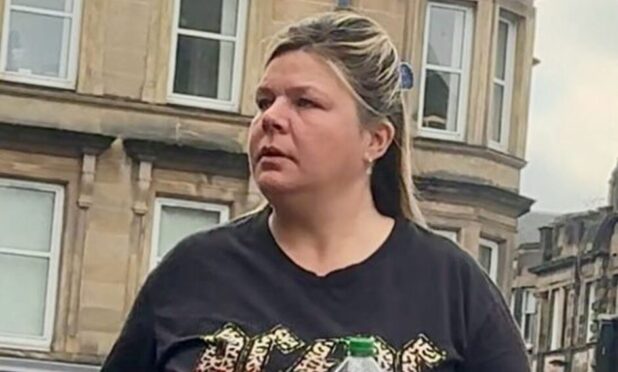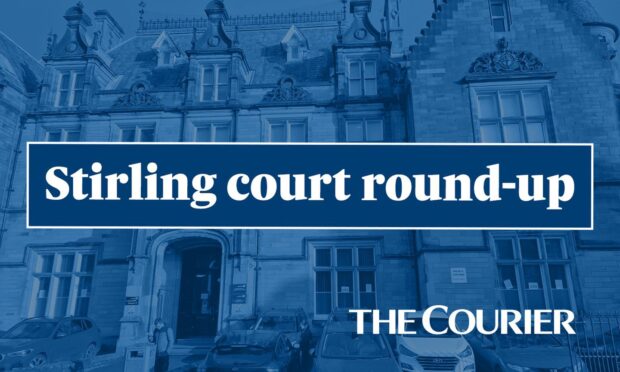Nearly 3,000 people were arrested and £7 million of fake goods seized over the last year in a crackdown on organised crime.
Police Scotland said it is being “creative and innovative” to get ahead of organised crime groups who switch their focus between drugs, fraud, counterfeit sales and cyber crime.
A report by the Serious Organised Crime Task Force found 196 organised crime groups operate in Scotland, with the majority involved in “seemingly legitimate business”.
However, officers say the majority are involved in multiple types of crime behind their business interests.
Over the last year, almost 3,000 people known to be involved in organised crime have been arrested and £8.9 million seized from criminals under proceeds of crime legislation, taking the total to more than £100 million seized since the law was introduced.
Justice Secretary Michael Matheson and Lord Advocate James Wolffe QC met senior police officers at the Scottish Crime Campus on Thursday to view some of the £6.8 million fake goods seized over the last year, including alcohol, tobacco, make-up, jewellery, clothing and toys.
Deputy Chief Constable Johnny Gwynne said: “We’ve done a substantial amount of work in the last 12 months but we will continue to be creative and innovative in trying to find new ways of getting ahead of the problem because as soon as we tackle organised crime they are also trying to find their next way of getting ahead of us.”
Officers said there had been a growth in the sale of pirate TV boxes and DVD box sets in Scotland recently.
A substantial amount of tobacco had also been shipped over from the Far East which was repackaged and sold despite being potentially dangerous.
Mr Gwynne said the biggest challenge is understanding where organised crime is going next.
“Our intelligence systems need to be at their peak, we need to be able to penetrate organised crime groups and get ahead of them.
“We have regulatory regimes which are thorough but clever people will always find a way round them and we need to work out where they’re going next.”
Lord Advocate James Wolffe QC said buying counterfeit goods funds criminal activity.
“They’re depriving legitimate traders of funds and key may be doing themselves harm because counterfeit goods don’t comply with the standards that we would expect.”
Attempts have also been made over the last year to exploit new pension changes.
Justice Secretary Michael Matheson said: “Last April when the pension laws changed where people could draw down part of their pensions some organised crime groups moved in to financial services, to offer financial advice in order to exploit individuals, so they will adapt and change to opportunities as they come along.”
Shared intelligence across Europe has helped Police Scotland crackdown on organised crime and Mr Gwynne said relationships will continue post Brexit.
“We have operational requirements and if a political decision is made which means we need to find a different way to achieve that operational end then that’s our challenge,” Mr Gwynne said.
“We’re not really sure what the implications of Brexit might be in terms of law enforcement because nothing is defining yet.
“There will always still be colleagues in France or wherever that we need to speak to and we need to find mechanisms to be able to do that.”









